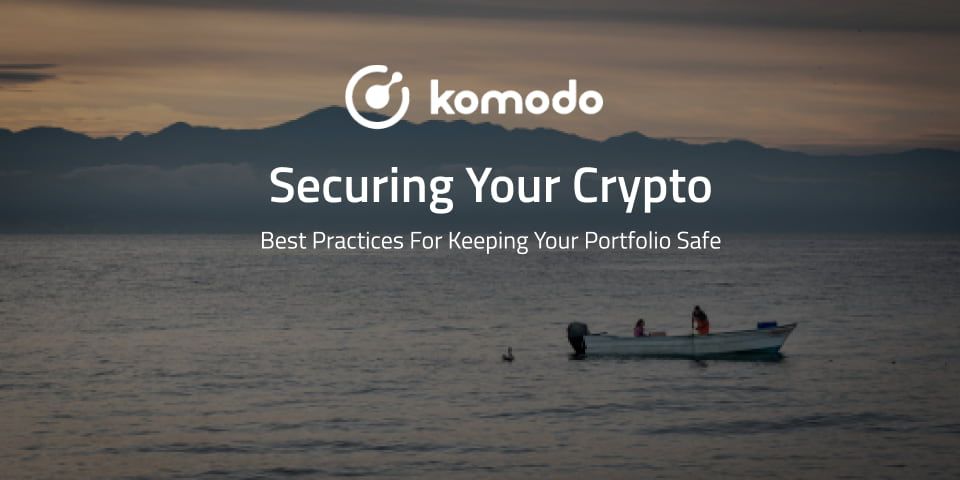With cryptocurrencies, you are in charge of maintaining your personal financial security - and that's a good thing! With great power, comes great responsibility. Here are a few best practices for keeping your crypto portfolio safe.
Avoiding Human Error
Educate Yourself
Learn the basics of how crypto transactions work. What is the difference between a Bitcoin wallet vs. a Bitcoin address? Did you know that various cryptocurrencies have their own distinct address formats? These are just a few things you should learn about before sending your funds from a cryptocurrency exchange to your personal wallet.
Have Backups of Your Password
When creating a new crypto wallet, you should always write down your seed phrase on paper and store it in a safe location. If you forget your wallet password and lose your seed phrase, you won't be able to recover your funds.
Double-Check For Typos & Mistakes
Want to send funds from one wallet to another? Always be sure to double check the address you're sending to is correct. Unlike banks, you can't stop crypto transactions once they've been broadcast to the network. You won't be able to recover funds sent to an incorrect address. Don't ever send your seed phrase or private key publicly!
Understanding External Threats
Password Management
Don't store your password or seed phrase in an insecure location. For example, it's better to write information down on paper rather than storing it on your computer. If something happens to your hard drive or your computer gets lost or stolen, it's much easier for people to steal your crypto.
Don't Brag
If you have a lot of crypto, it's best to remain humble. Bragging about your bag can have unintended consequences. Some people who have boasted about their holdings have been subject to physical threats and attacks.
Proper Storage
Just because you write down your password or seed phrase on paper doesn't mean it's safe. Remember to keep this information in a secure place where only you (or people you trust) are aware of.
The Unexpected - It Can Happen
Multiple Device Backups
Don't keep all of your eggs in one basket - or device. If you have a few secure devices (e.g. hardware wallet, paper wallet, and desktop wallet), make sure to diversify your portfolio among them. That way, if something happens to one of them, you won't lose everything.
Multiple Password Locations
Natural disasters happen all the time - and they can be extremely devastating. If your house catches on fire and everything burns or if you lose your crypto wallet in a mysterious boating accident, do you have your password or seed phrase stored in another location? The worst case scenario can and will happen to someone at sometime. Always be prepared because it can to happen to you.
Find A Trusted Person
What happens to your crypto when you die? Well, if you don't tell your loved ones about your holdings, they won't be able to inherit your crypto. Remember: Crypto isn't like a bank. You can't just report a death and receive the funds through a living will. Passwords and seed phrases to non-custodial wallets are your living will. Unfortunately, millions of dollars in crypto is being lost each year through the deaths of its owners.
🔑💰Komodo Wallet — Your Personal Crypto Wallet
Komodo Wallet is a 100% non-custodial multi-coin wallet and atomic swap DEX. Store BTC, ETH, KMD, and many other coins in your own wallet. When you're ready to trade, Komodo Wallet supports cross-chain swaps.

